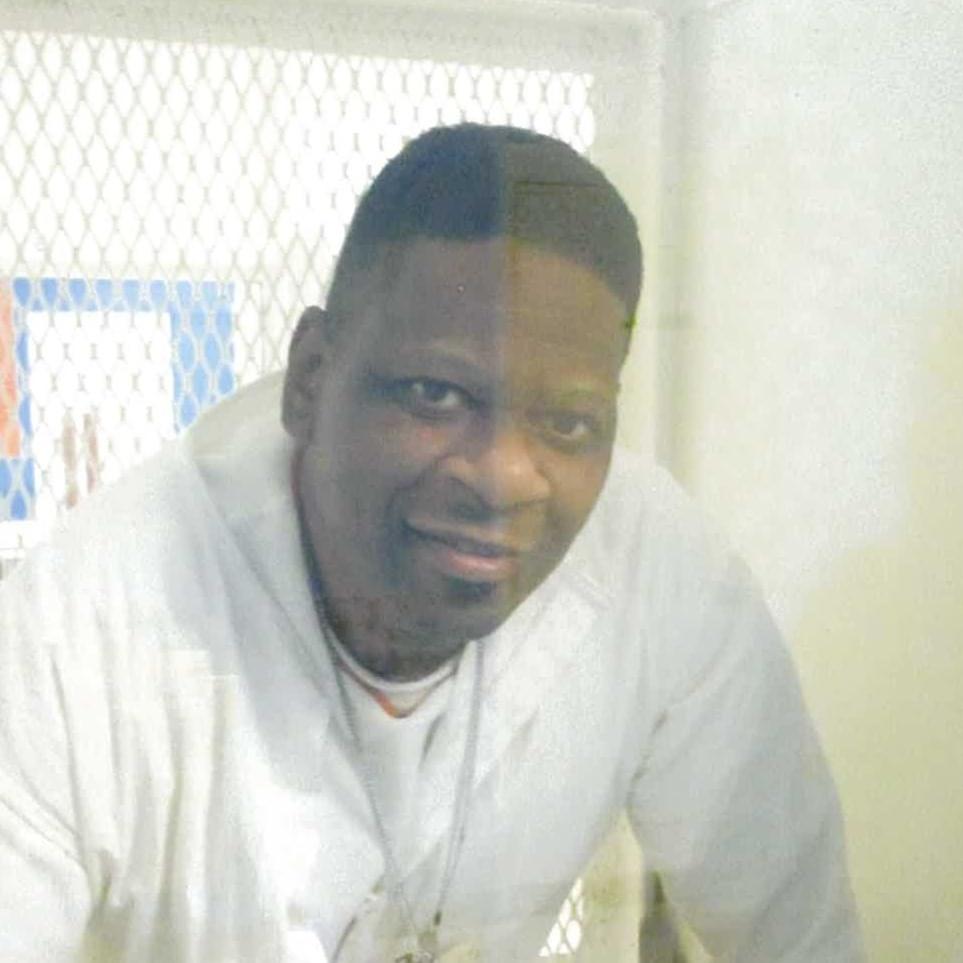
A Texas district court judge has recommended that the Texas Court of Criminal Appeals (TCCA) deny death-row prisoner Rodney Reed’s innocence claim and allow his conviction and death sentence to stand for the 1996 murder of Stacey Stites. In a November 1, 2021 decision after ten days of testimony in July and closing statements in October, Bastrop County District Court Judge J.D. Langley issued Findings of Fact, Conclusions of Law and Recommendations that Reed’s conviction should be upheld. In so doing, Langley credited every prosecution witness over every witness presented by Reed’s defense counsel.
The TCCA had stayed Reed’s execution on November 15, 2019, less than one week before he was scheduled to be put to death and returned his case to the Bastrop County district court to review Reed’s claims that prosecutors presented false testimony and suppressed exculpatory evidence and that Reed is actually innocent. The appeals court retained jurisdiction over the case and directed the trial court to make recommendations on how it should rule in the case.
At the hearing, Reed’s lawyers presented evidence that Reed, who is Black, was having an affair with Stites, who is white; that Stites was actually murdered by her abusive fiancé, Jimmy Fennell; and that Fennell, who at that time was a police officer in Giddings, Texas, had framed Reed for the murder. Numerous witnesses testified that they had seen Stites together with Reed on prior occasions, heard Fennell threaten to kill her if she cheated on him, and heard Fennell admit to the killing. Two forensics experts testified that Stites died hours earlier than the prosecution had claimed, at a time that Fennell had said she was with him. Fennell took the stand and denied that he had committed the killing.
Langley accepted Fennell’s testimony on every disputed issue over the contrary testimony of a dozen separate defense witnesses. The court also rejected Reed’s challenges that prosecutors presented false forensic testimony, crediting the trial testimony of the prosecution’s local forensic examiners over that of Reed’s nationally known forensic experts.
The county court transmitted its findings and recommendations to the TCCA, which will consider Judge Langley’s recommendation, but make its own final ruling.
Reed’s hearing began July 19, with his defense team presenting a week of testimony and evidence in support of his innocence claims, while the state continued to assert Reed’s guilt. Langley repeatedly found testimony supporting Reed’s innocence to be “uncredible,” asserting that many of the witnesses who testified had “waited decades to bring forth [their] ‘recollection.’” During the hearing, Andrew MacRae, one of Reed’s pro bono lawyers, argued “[t]hese people didn’t come forward, we found them.” Reed’s prior court-appointed counsel had never investigated the issues to look for the witnesses, MacRae said.
Langley credited Fennell’s explanations about why he cleaned out his bank account the morning of the murder, why he failed a polygraph test about the murder, the nature of his relationship with Stites, and whether he had killed her. Langley also accepted Fennell’s version of events each time his testimony conflicted with that of other witnesses. While Reed’s lawyers presented evidence that Fennell had abused Stites and threatened to kill her if she cheated on him, Langley credited Fennell’s testimony that he and Stites had a happy relationship. Langley discounted the multiple witnesses who testified to having seen or heard evidence that Fennell was abusive toward Stites, dismissing it as hearsay or saying that the passage of time between the events and the witnesses’ decisions to come forward made it uncredible. Langley also rejected the testimony of two men who said Fennell had confessed to Stites’ murder while serving time in prison for an unrelated crime, saying each was “not a credible or reliable witness, and his assertion that Fennell confessed to the murder of Stites is not credible or reliable.”
Ultimately, Langley found that Reed “has not proven by clear and convincing evidence that no reasonable juror would have convicted him of capital murder” and “has not proven by clear and convincing evidence that he is actually innocent.”
Reacting to the trial court’s recommendation, Reed’s counsel from the Innocence Project, Jane Pucher, said, “We look forward to presenting Mr. Reed’s case to the Texas Court of Criminal Appeals. If a new jury heard the overwhelming evidence of Rodney Reed’s innocence, it would have reasonable doubts.”
Puchar noted the racial bias in the case, as well as the unreliability of the evidence against Reed. “Convicted by an all-white jury, Mr. Reed has spent 23 years on death row for a crime he did not commit. Many highly credible witnesses testified at the evidentiary hearing that Mr. Reed and Stacey Stites knew each other and were intimately involved. Many credible witnesses also testified that Ms. Stites’s fiancé, Jimmy Fennell, was violent and controlling and had threatened to hurt her if he discovered she was unfaithful. Nationally recognized experts have completely debunked the forensic case against Mr. Reed and even the State’s pathology expert has agreed that central points at trial were false. We hope the Court of Criminal Appeals recognizes that he should be given a new trial.”
Katie Hall, Judge recommends no new trial in Rodney Reed case; appeals court to make later decision, Austin American-Statesman, November 1, 2021; Jolie McCullough, Rejecting claims of innocence, judge says Texas death row inmate Rodney Reed should not get a new trial, The Texas Tribune, November 1, 2021; After 20-plus years on death row, Rodney Reed’s conviction should stand, judge says, KVUE, November 1, 2021.
Read Judge J.D. Langley’s recommendation. Read the statement of Rodney Reed’s counsel, Jane Pucher.


